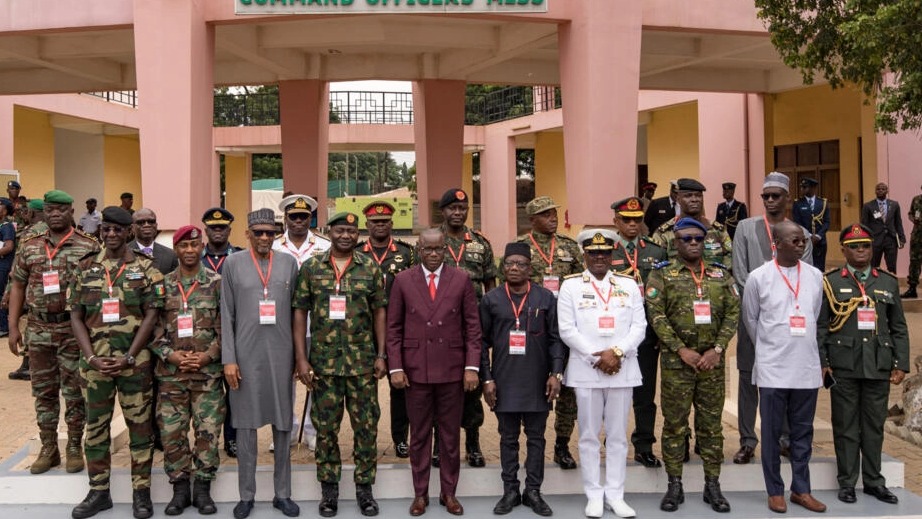Amid the escalating political crisis in Niger, the Economic Community of West African States (ECOWAS) has issued a stern warning, asserting its readiness to employ military intervention should diplomatic efforts fail to restore constitutional order. The Niger coup, which led to the ousting of President Mohamed Bazoum by military officers, has drawn global attention and triggered urgent discussions among West African army chiefs in Ghana. With ECOWAS holding a standby force in preparation, the situation in Niger has reached a critical juncture.
Diplomatic Efforts Stalled
Despite appeals from the international community, including the United Nations and ECOWAS, the military junta in Niger has resisted restoring President Bazoum to power since the coup on July 26. Diplomatic channels have encountered roadblocks, prompting concerns about a swift resolution to the crisis.
ECOWAS’ Vigilant Standby Force
ECOWAS, a key regional bloc, has underscored its commitment to maintaining constitutional order in West Africa. Speaking to assembled defense chiefs, ECOWAS Commissioner Abdel-Fatau Musah expressed the organization’s resolve to deploy a standby force if necessary. Musah cited previous instances of ECOWAS interventions, highlighting the bloc’s preparedness to take action in Niger and restore stability.
Regional and Global Implications
Beyond its immediate region, Niger holds strategic importance due to its role as a hub for foreign troops combating Islamist insurgencies in the Sahel region. Additionally, the country’s uranium and oil reserves contribute to its global significance. The crisis has implications far beyond West Africa’s borders, adding urgency to ECOWAS’ efforts to reinstate the elected president and civilian government.
Musah accused the coup leaders of evading ECOWAS’ attempts at dialogue, further complicating the situation. He denounced the junta’s plans to put President Bazoum on trial for treason, a move that has drawn criticism from international bodies like the United Nations and the European Union. Musah highlighted the irony of charging a detained president with treason, questioning the timing and credibility of the allegations.
Throughout the discussions, residents of Niger’s capital Niamey, characterized by large protest gatherings, have firmly rejected the idea of external intervention to reinstate President Bazoum. Their sentiments align with the coup leaders’ stance, revealing the depth of division within the nation.
As ECOWAS intensifies its efforts to restore order, Musah reiterated the unity among the majority of member states in supporting the standby force. Notably, Mali, Burkina Faso, Guinea, and Cape Verde—also under military rule—remain exceptions. ECOWAS’ determination remains unwavering as it navigates this complex crisis, drawing from its past experiences in Gambia, Liberia, and other instances where regional interventions were successfully executed.
In conclusion, Niger’s political turmoil has thrust ECOWAS into a decisive role. With diplomatic channels strained and the military junta unyielding, the bloc’s military readiness stands as a potent option to reclaim constitutional order. As the international community watches closely, the fate of Niger hinges on the efficacy of diplomatic negotiations and ECOWAS’ resolve to ensure stability and democratic governance in the region.















